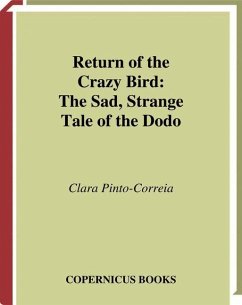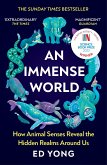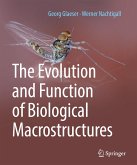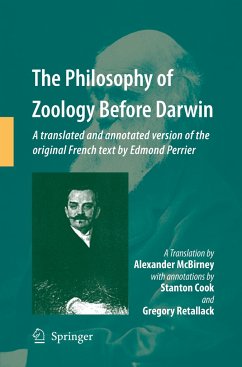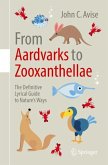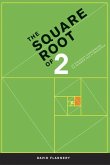Although everybody is familiar with the dodo bird, very few people know its history. Yet this history is compelling when read as a fable of the negative impact of humans on Earth's ecosystems. The author describes the complexity of the factors involved in animal extinction. Although we think of ourselves as more ecologically aware than our ancestors, we are propelling extinction to alarming rates.
Hinweis: Dieser Artikel kann nur an eine deutsche Lieferadresse ausgeliefert werden.
Hinweis: Dieser Artikel kann nur an eine deutsche Lieferadresse ausgeliefert werden.
From the reviews:
"Pinto-Correia recounts the history of the dodo, both as a biological specimen and as an enduring subject of cultural history and lore."
SAN DIEGO UNION TRIBUNE
"The Dodo went from being newly discovered to extinction in less than a hundred years. ... Clara Pinto-Correia, in following the bird's re-creation, shows in this remarkable book how the human intellect and the human imagination prey on sketchy facts and images, how missing pieces and incomplete lines are merged and fused to make a cohesive whole." (FirstScience.com, April, 2003)
"Pinto-Correia skillfully weaves the tale of the discovery, exploitation, and extinction of the dodo and the closely related Rodrigues and Réunion Solitaires of the Mascarene Islands. ... the author has produced a readable, sometimes fascinating, history of the multiple discoveries of the islands by European nations. ... A thoroughly researched, footnoted, and readable book. Summing Up: Recommended. All levels." (S.W. Harris, CHOICE, June, 2003)
"Pinto-Correia presents an excellent history of one of the most famous extinct birds, the dodo, and the two allied species found only in the Mascarene Islands ... . Delving knowledgeably into history, art, folklore, and biology, this is a fine, readable account of the vulnerability, everywhere, of island life forms. Highly recommended." (Henry T. Armistead, Library Journal, February, 2003)
"Pinto-Correia recounts the history of the dodo, both as a biological specimen and as an enduring subject of cultural history and lore."
SAN DIEGO UNION TRIBUNE
"The Dodo went from being newly discovered to extinction in less than a hundred years. ... Clara Pinto-Correia, in following the bird's re-creation, shows in this remarkable book how the human intellect and the human imagination prey on sketchy facts and images, how missing pieces and incomplete lines are merged and fused to make a cohesive whole." (FirstScience.com, April, 2003)
"Pinto-Correia skillfully weaves the tale of the discovery, exploitation, and extinction of the dodo and the closely related Rodrigues and Réunion Solitaires of the Mascarene Islands. ... the author has produced a readable, sometimes fascinating, history of the multiple discoveries of the islands by European nations. ... A thoroughly researched, footnoted, and readable book. Summing Up: Recommended. All levels." (S.W. Harris, CHOICE, June, 2003)
"Pinto-Correia presents an excellent history of one of the most famous extinct birds, the dodo, and the two allied species found only in the Mascarene Islands ... . Delving knowledgeably into history, art, folklore, and biology, this is a fine, readable account of the vulnerability, everywhere, of island life forms. Highly recommended." (Henry T. Armistead, Library Journal, February, 2003)

